Share or be square: Las Vegas has all the answers
Housing, local transport, even air travel – Las Vegas is the capital of the growing 'sharing economy'
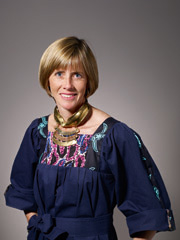
A free daily email with the biggest news stories of the day – and the best features from TheWeek.com
You are now subscribed
Your newsletter sign-up was successful
The ‘sharing economy’ ball keeps rolling. This week Debbie Wosskow’s report for the government suggested that Britain could be at the forefront of the global sharing economy if a few vital changes were made (namely, deal with the tax and insurance issues).
Also, BMW joined the ranks of those who share when it announced it was introducing its DriveNow service in London, a competitor to ZipCar and described by the Financial Times as ‘Boris Bikes for cars’.
It’s worth spending a moment on this concept of the sharing economy. I recently got into a heated Twitter debate about whether this was a misnomer for ‘business’. After all, sharing doesn’t cost anything, yet none of the businesses at the heart of the sharing economy give you anything for free. Airbnb, Uber, Etsy, LoveHomeSwap, PeoplePerHour and BlaBlaCar still charge people to use other peoples’ services, cars and houses.
The Week
Escape your echo chamber. Get the facts behind the news, plus analysis from multiple perspectives.

Sign up for The Week's Free Newsletters
From our morning news briefing to a weekly Good News Newsletter, get the best of The Week delivered directly to your inbox.
From our morning news briefing to a weekly Good News Newsletter, get the best of The Week delivered directly to your inbox.
Yet it feels different to use these services. It feels different to swap houses with someone on a home exchange website rather than just renting. You get to know people even though you’ve never met in person. The people I swapped homes with last summer are my Facebook friends and send me Christmas cards.
It feels different using Uber to being in a normal taxi. You know who is going to pick you up, and you know they’re going to be nice because they want a good rating from you. (I know, Uber’s had a bad rap recently. It still feels different from hailing a cab on the street).
The company I’ve found that perhaps gets the closest to the true meaning of the word ‘share’ is Sofar Sounds, an outfit that brings bands to your living room.
I wasn’t paid for my living room which for two hours became the home of three bands and 60 people I’d never met before. But I did get an evening of phenomenal music, and the young musicians got an appreciative audience and free publicity. Again, friendly and fun.
A free daily email with the biggest news stories of the day – and the best features from TheWeek.com
I recently visited Las Vegas and its Downtown Project for the second time in six months. No one there is worrying about whether the sharing/lending/renting/swapping economy, or ‘collaborative consumption’ as it’s also known, is a misnomer. They’re just getting on with making it happen.
I spoke to Kacy Qua, who works closely with Zappo’s CEO Tony Hsieh. Qua also consults with companies on future trends, innovation and “leaning outside the system”.
One of the projects the Downtown Project is involved with is a collection of Airstream caravans and tiny houses. Qua told me it was an experiment in “co-housing, in which individual material belongings are reduced and shared community resources are developed”.
Rather than everyone having a house with several rooms used only when guests visit, the Airstreams and tiny houses offer small private spaces surrounded by things that are shared, like “hammocks, fire pits, cooking areas, co-working spaces, musical jam spaces, a playground, game areas, a movie screen, guest sleeping spaces and laundry".
When I asked Qua what she thought about the sharing economy she pointed out that rather than worrying about the semantics, what was interesting was to think about what came out of these experiments.
The Airstream and tiny houses project could, she said, be used to develop “fairly rapid housing solutions with lower capital expenditure, timelines and permitting requirements”. There are also tremendous social benefits that result from the “sense of community” this type of model provides.
And anytime you speak to anyone involved in the Las Vegas Downtown Project it always gets back to “collisionable hours” - i.e. the number of hours that someone is out and about in the neighbourhood in a public or semi-public way (sidewalks, parks, bars, restaurants, cafes) that creates an opportunity for serendipitous interactions to occur.
Why do they care? Because a "city of collisions is a city where people learn, grow, and innovate".
While London has rentable (sharable, collaborative) bikes, cars, and taxis, all available on loan on different apps, Las Vegas now has one app, SHIFT, which provides you access to all transportation. It’s like the wormhole to transportation nirvana.
After pressing a button on your phone, SHIFT connects you - within five minutes - to a car, bike or driver who allows you to get where you want to go. You can choose to park and drive back home, or not.
Zach Ware, CEO of SHIFT, told me: “I think the overall sharing economy does a great job taking assets and services that we aren’t using - like our cars which sit idle 90-95 per cent of the time - and making them more productive.
“But a car doesn’t solve all of your needs. Sometimes you can’t or shouldn’t drive. And often the car you have is much larger than you would actually need to cover your immediate goals.”
Another Las Vegas company turning transportation on its head through the sharing economy is Surf Air. Jeff Potter, CEO of Surf Air, told me that all airlines are in essence sharing economy businesses, which when I think about it is probably true.
Surf Air is a “private air travel membership business”. For $1,750 a month, Surf Air members can take unlimited flights between the places it serves (currently Nevada and California). They can book flights by phone three minutes before departure and arrive 30 minutes before take-off.
“There are serious stress points when you fly these days. Surf Air seeks to remove, or at the very least reduce, those stress points. No booking hassles, no lines, no crowds, no security.”
It doesn’t really matter in the end if these companies are members of some new, collaborative, sharing world. What matters is that they are making life easier and more interesting for the people in Las Vegas - and I wouldn’t mind if they came to Britain, too.
-
 Political cartoons for February 16
Political cartoons for February 16Cartoons Monday’s political cartoons include President's Day, a valentine from the Epstein files, and more
-
 Regent Hong Kong: a tranquil haven with a prime waterfront spot
Regent Hong Kong: a tranquil haven with a prime waterfront spotThe Week Recommends The trendy hotel recently underwent an extensive two-year revamp
-
 The problem with diagnosing profound autism
The problem with diagnosing profound autismThe Explainer Experts are reconsidering the idea of autism as a spectrum, which could impact diagnoses and policy making for the condition
-
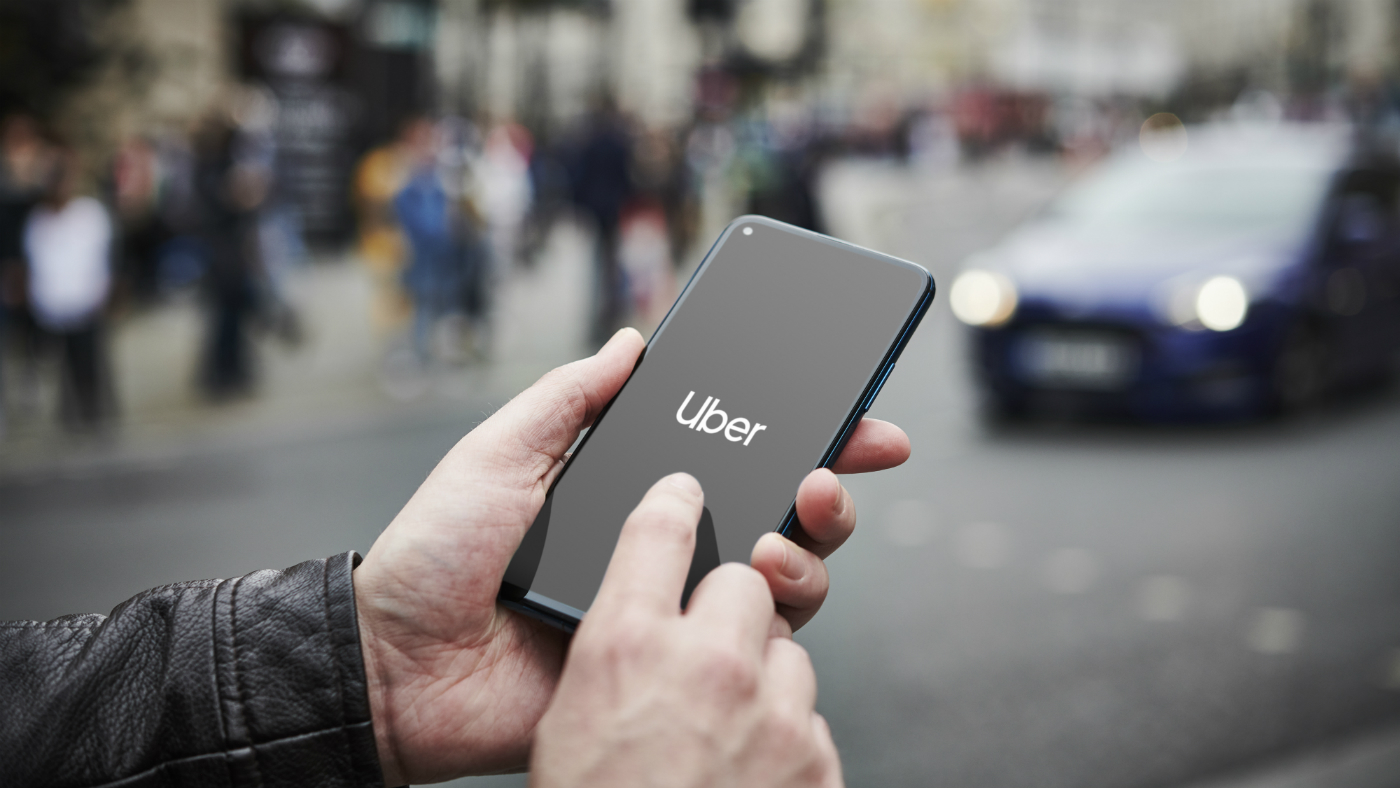 Is this the end of Uber in London?
Is this the end of Uber in London?In Depth Transport for London revokes licence and says taxi firm is not ‘fit and proper’
-
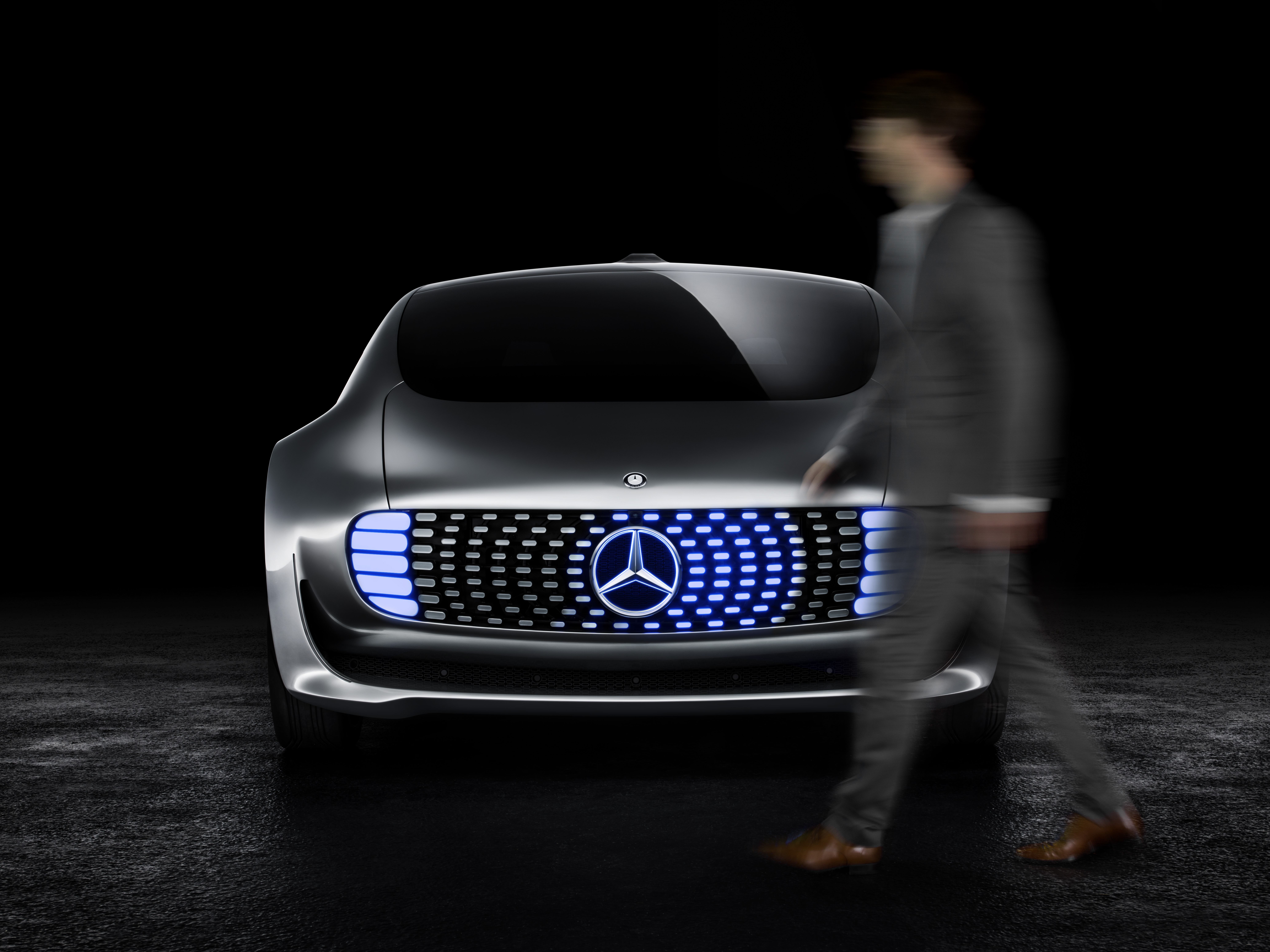 Daimler and Bosch to launch AI-powered taxi service next year
Daimler and Bosch to launch AI-powered taxi service next yearSpeed Read Free driverless service will debut in California
-
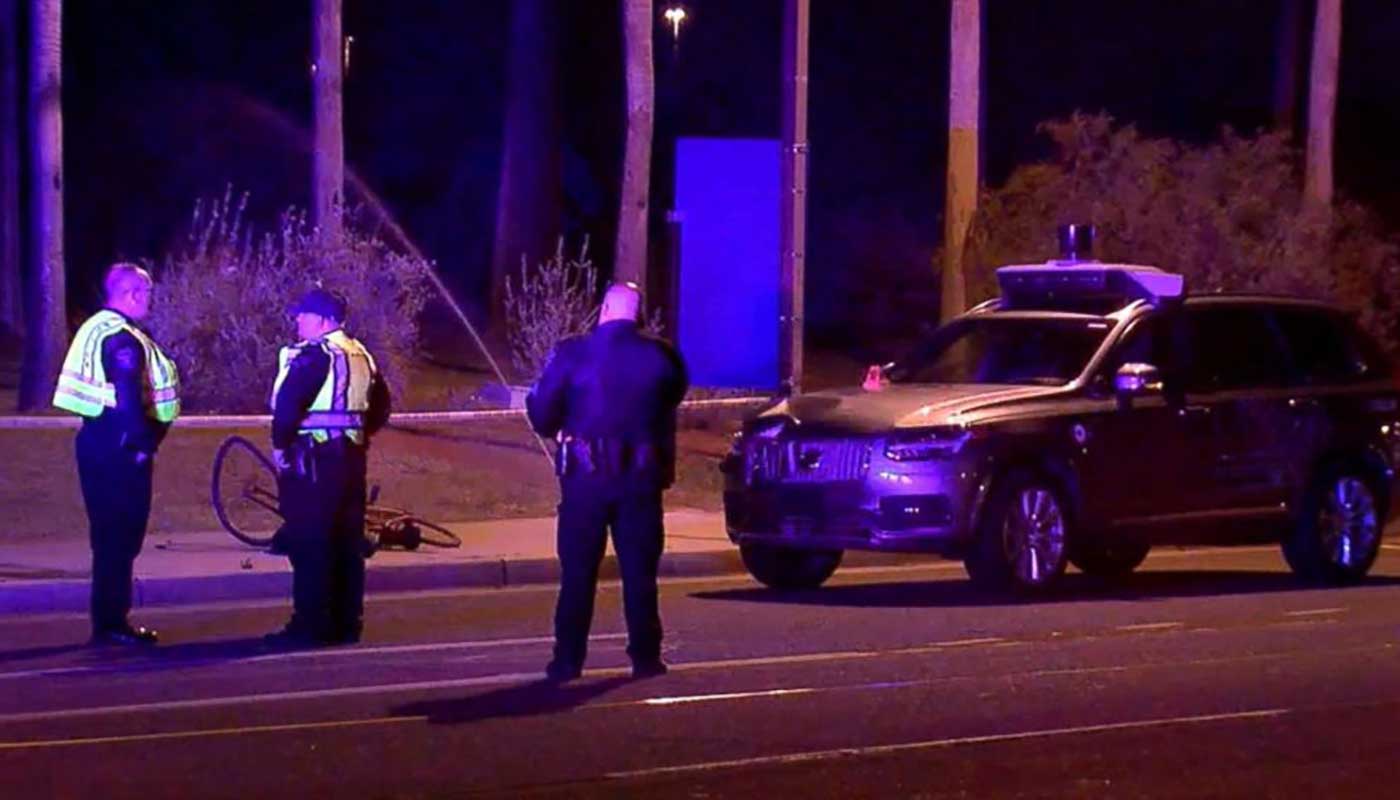 Uber driver was watching The Voice before fatal self-driving car collision
Uber driver was watching The Voice before fatal self-driving car collisionIn Depth Police say the Arizona accident was ‘entirely avoidable’
-
 Uber driverless software ‘ignored’ pedestrian in fatal crash
Uber driverless software ‘ignored’ pedestrian in fatal crashSpeed Read Flaw reportedly meant that on-board systems detected woman but decided not to react
-
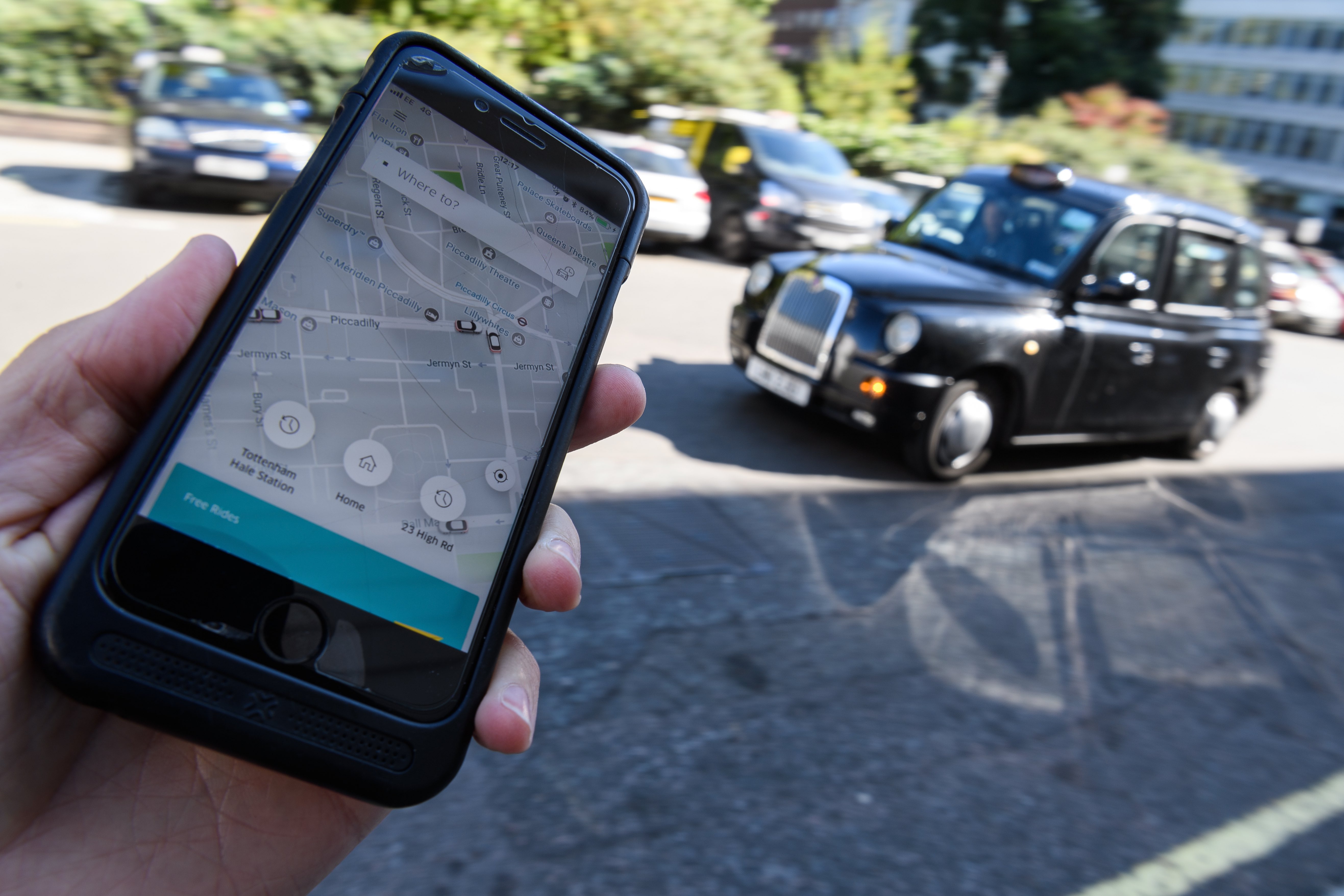 Women-only Uber service could be launched in London
Women-only Uber service could be launched in LondonSpeed Read TfL’s new policy aims to improve passenger safety in the ride-hailing sector
-
Airbus drone taxi completes maiden flight
Speed Read Test vehicle reached a ‘modest’ altitude of five meters
-
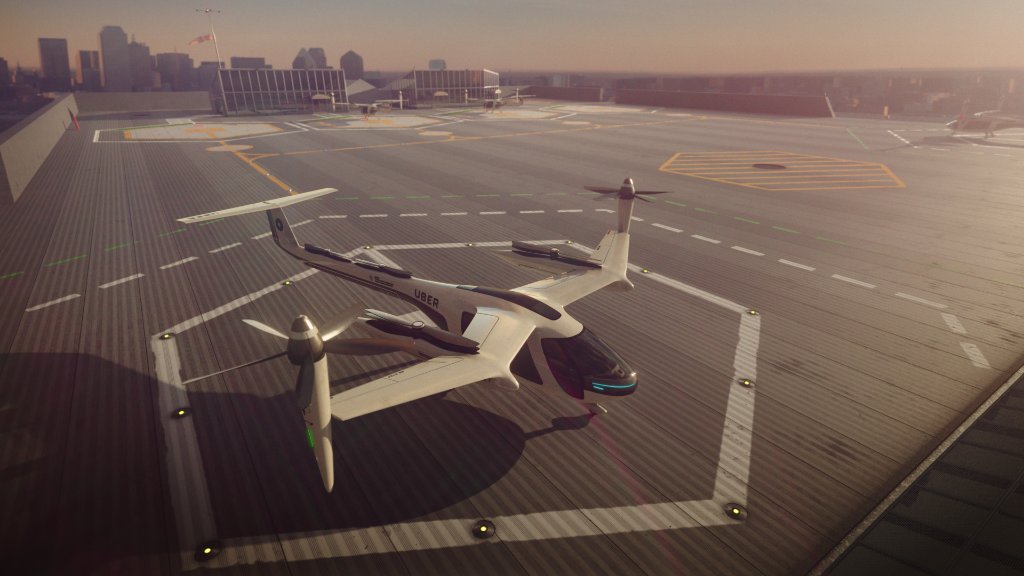 Uber partners with Nasa to launch flying car service by 2020
Uber partners with Nasa to launch flying car service by 2020Speed Read Two firms will develop new air traffic control system to help new ride-sharing project take off
-
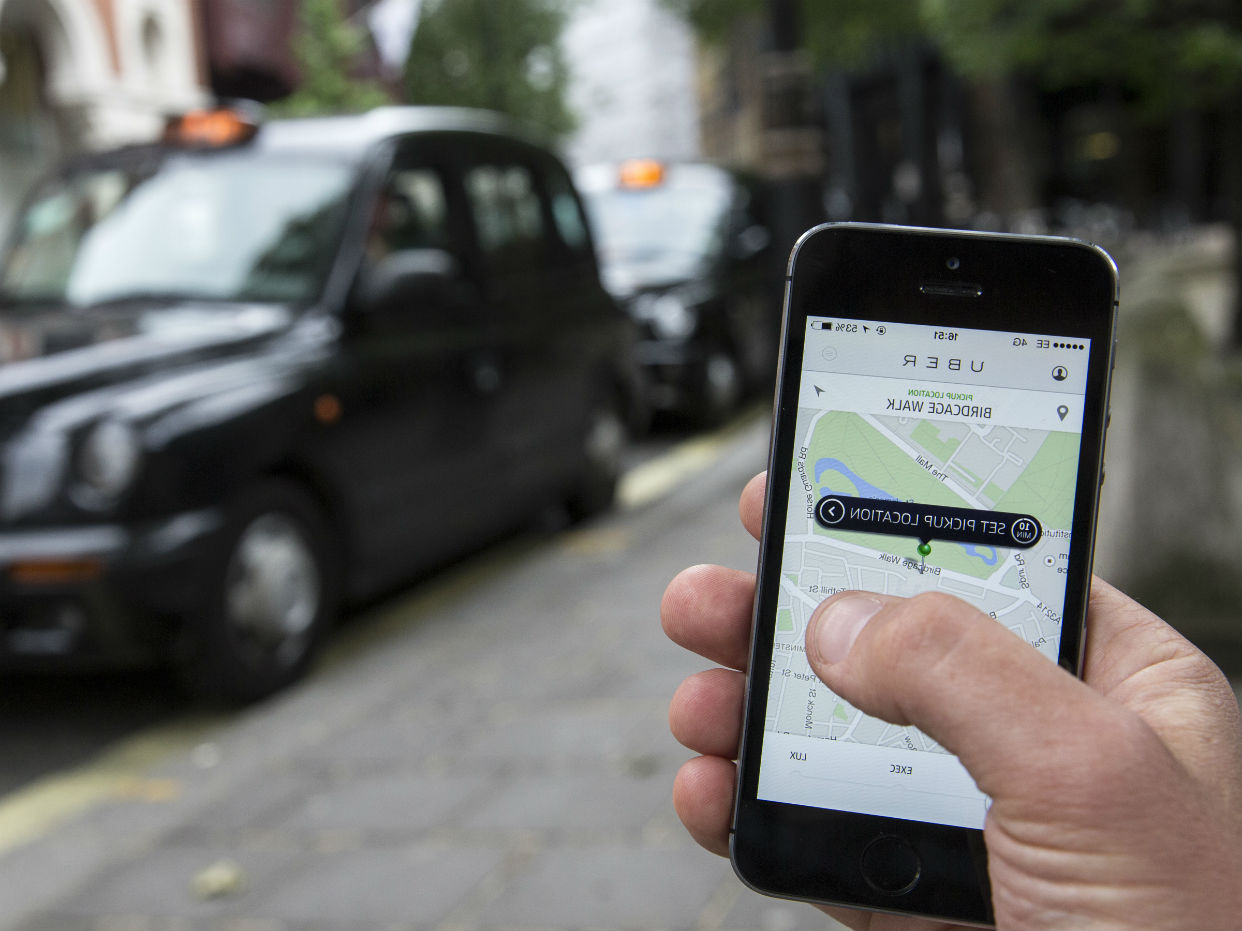 Transport for London backs down on Uber regulations
Transport for London backs down on Uber regulationsSpeed Read Private hire company delighted after 'bonkers ideas' are dropped, but black cabs say it is a 'missed opportunity'